Research, News & Discoveries
-

Directorships honor VUMC’s critical missions
Vanderbilt University Medical Center (VUMC) on Monday held its first Directorship Celebration to honor and support eight of its leaders in clinical care, research, education and administration. One of the honorees is Jennifer Pietenpol, Director, Vanderbilt-Ingram Cancer Center and Executive Vice President for Research. “These directorships are critical to our entire institution, as… Read MoreJan. 26, 2018
-

Versatile C. difficile blocker
Clostridium difficile (C. difficile) infection is the leading cause of hospital-acquired diarrhea, causing nearly a half million infections in the United States each year. Recurrence after treatment with antibiotics is common and new therapies are needed. Now Heather Kroh, PhD, Ramyavardhanee Chandrasekaran, PhD, Ben Spiller, PhD, Borden Lacy, PhD, and colleagues show that the antibody,… Read MoreJan. 26, 2018
-
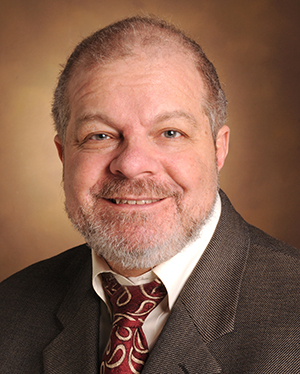
Study may point to new ways to reverse insulin resistance
Researchers at Vanderbilt University have discovered how insulin crosses the capillary endothelium to exit blood vessels and stimulate skeletal muscle cells — a major finding that may lead to new ways to reverse insulin resistance, a hallmark of type 2 diabetes. Their discovery, published earlier this month by the Journal of Clinical Investigation, was… Read MoreJan. 26, 2018
-
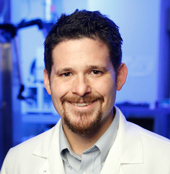
VUMC researchers find a way to ‘starve’ cancer
Researchers at Vanderbilt University Medical Center (VUMC) have demonstrated for the first time that it is possible to starve a tumor and stop its growth with a newly discovered small compound that blocks uptake of the vital nutrient glutamine. Their findings, reported in this week in Nature Medicine, lay the groundwork for… Read MoreJan. 18, 2018
-
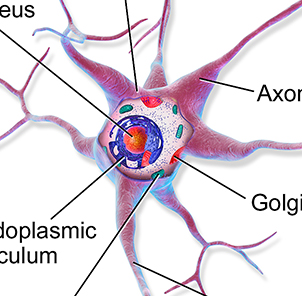
New Insights into Autism Spectrum Disorder
New Insights into Autism Spectrum Disorder Autism Spectrum Disorder (ASD) comprises a group of developmental disorders characterized by a wide range of symptoms, typically including impaired social interactions and excessive repetitive behaviors. Increasing evidence suggests that the pathophysiology of ASD involves an imbalance between two neuronal pathways, which are… Read MoreJan. 18, 2018
-
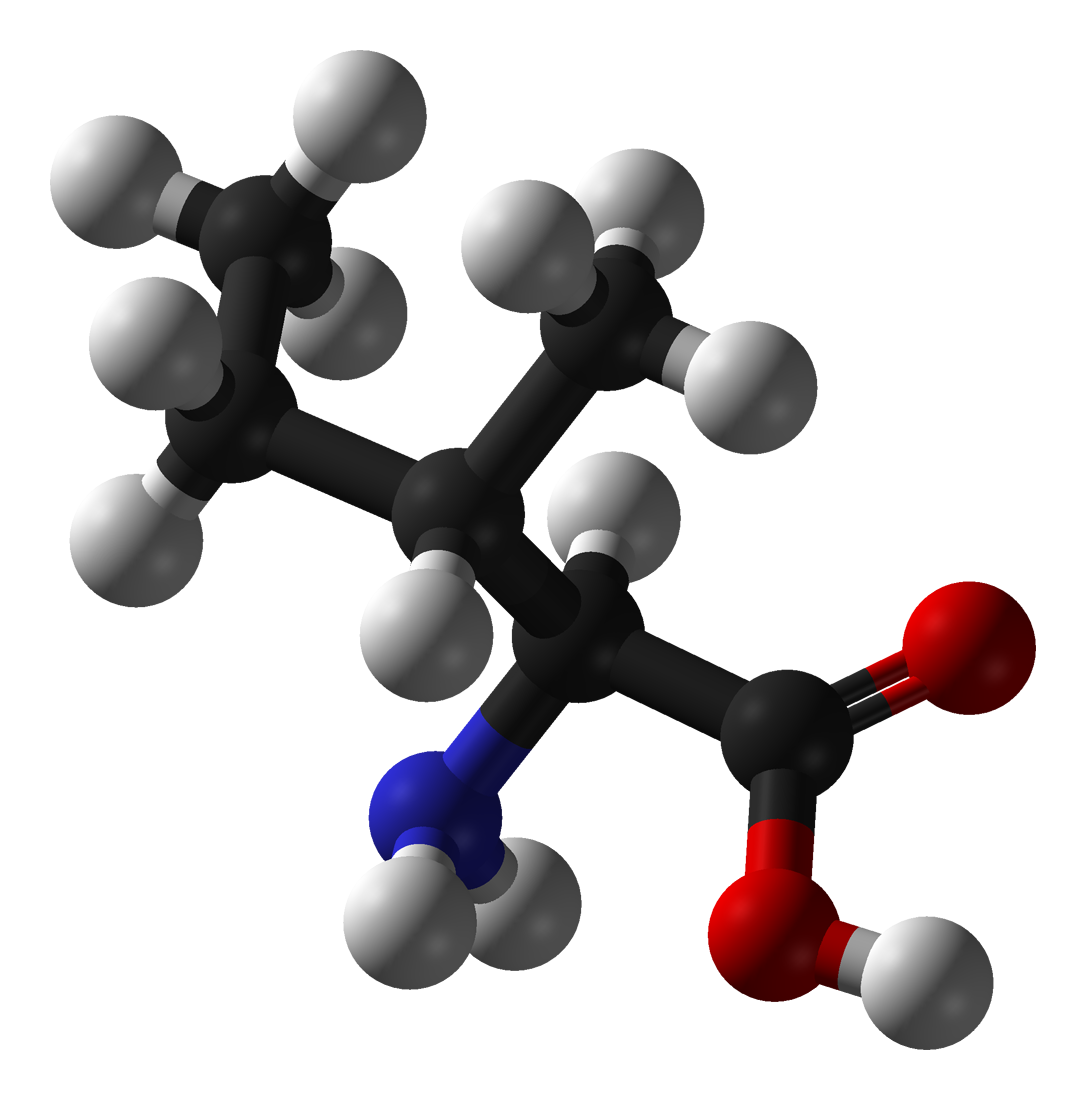
Multiplexing Natural Products Discovery
Multiplexing Natural Products Discovery An organism’s metabolome is the total of all the small molecules that it produces. Efforts to identify bioactive natural products in the metabolomes of microbes, plants, and other organisms are often thwarted by metabolome complexity and the heterogeneous nature of the cell populations to which… Read MoreJan. 18, 2018
-

Li and Weaver Named 2018 Chancellor Faculty Fellows
Bingshan Li, associate professor of molecular physiology and biophysics, and David Weaver, associate professor of pharmacology, have been named to the 2018 class of Chancellor Faculty Fellows. The class comprises highly accomplished, recently tenured faculty from all corners of campus. The faculty members will hold the title of Chancellor Faculty Fellow and will be supported by… Read MoreJan. 18, 2018
-
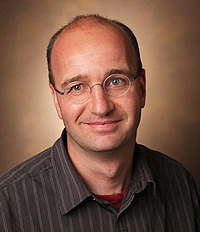
A spicy finding
Claus Schneider, PhD, and colleagues have now discovered that curcumin is a “pro-drug” that is converted into reactive metabolites with anti-inflammatory activities. The metabolites of curcumin, produced by oxidation reactions, covalently bind to and inhibit proteins in the inflammatory NF-kappa-B signaling pathway. The researchers found that curcumin undergoes oxidation reactions readily in… Read MoreJan. 18, 2018
-
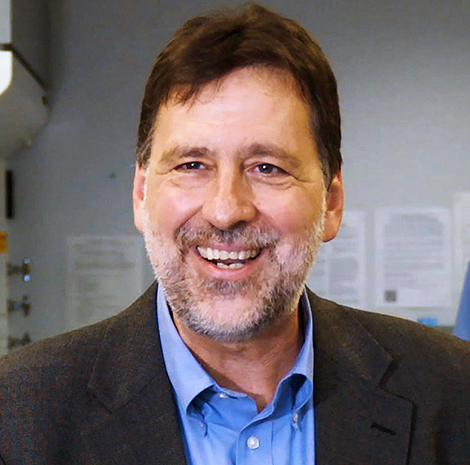
Investigators eye new target for treating movement disorders
Blocking a nerve-cell receptor in part of the brain that coordinates movement could improve the treatment of Parkinson’s disease, dyskinesia and other movement disorders, researchers at Vanderbilt University have reported. Their findings, published recently in the journal Neuron, focus on M4, a subtype of the muscarinic acetylcholine family of nerve cell (neuron) receptors… Read MoreJan. 18, 2018
-
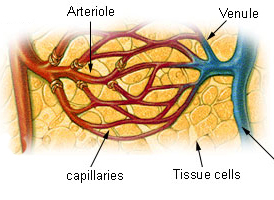
Escape of Insulin from Muscle Capillaries
Escape of Insulin from Muscle Capillaries Key to the maintenance of homeostasis in a complex, multicellular organism is inter-organ communication by means of molecular signals that are delivered via the circulation. However, to gain access to the target tissue, these molecules must be able to traverse the tightly adherent… Read MoreJan. 15, 2018